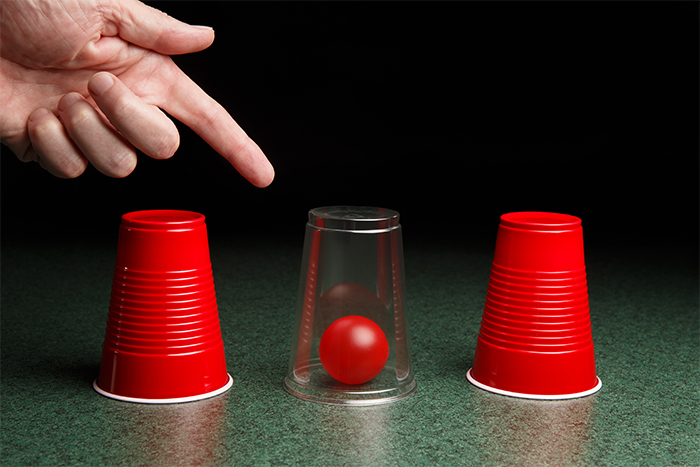 In my introduction to this topic several days ago I told you that I got caught stealing money when I was in 7th grade. Now I want to tell you why I did it and how it influenced my relationship to and thoughts about money.
In my introduction to this topic several days ago I told you that I got caught stealing money when I was in 7th grade. Now I want to tell you why I did it and how it influenced my relationship to and thoughts about money.
My parents didn’t have much money. I didn’t notice it until they sent me to a boarding school in a different country for first grade. The school had a mixture of kids from very wealthy families as well as kids like me at the bottom of the economic ladder. It didn’t take long for me to notice the difference.
I didn’t know it at the time, but the act of sending me off to a boarding school in another country started me down a track where I was seeking to discover my value in the kids around me.
My objective back then was to buy my way into love and acceptance. I started stealing money from the student council store. I did two things with the money. I used it for myself, and I gave large sums of it away to a group of friends I was “buying.”
This continued for some time until I got caught and kicked out of school. Now, that’s my story. And it has affected my view of how money works in my life and the work I do.
What’s your story? What’s your relationship with money? How did your family talk about money? Did you have plenty? Did you always lack? Did your parents talk about people who had money in a negative way? Do you have pain around the topic like I did? How do you view people who have wealth?
The fact is that your journey with money affects how you view yourself and your work with donors. That’s why it’s good to spend some time looking at this topic. Regardless of your (and my) journey with money, here are the facts related to money, your job and donors:
- Money is a way people transfer value. That’s why Jeff and I are always talking about major gifts not being about the money. It’s one way a human being places a part of themselves onto the “doing good” stage. You really need to put this point in your heart; it will help you help donors give, which is what they want to do.
- Money has nothing to do with one’s personal value. While I know this intellectually, to this day I still struggle with it emotionally. So I have an ongoing conversation with myself about this, to remind myself that no matter how much or how little I have, I will be no less or no more valuable as a person. And I won’t be happier, either. Remember, you are a very valuable human being. And that fact has nothing to do with money.
- People with wealth aren’t bad people any more than people without wealth. They just have the money. There’s no need to be intimidated or feel differently. They, like the people who don’t have money, want to do good on the planet. When you believe this point, you can relax around them and focus your energy and efforts on helping them do that good.
- The money you earn in the workplace is because you’re developing value for your organization. This is important to pay attention to. If you’re just starting out, the payback to your organization may be as low as 1:2 or 3, meaning the organization gets back $2 or $3 for every dollar they spend on you and your relationship with your caseload donors. As the program matures, that ratio needs to improve substantially. If you own this and serve it, you’ll bring joy to your manager, and you’ll be a key contributor to seeing that good is done on the planet.
So it comes to this. You have a relationship to money that was formed in you early on. Get in touch with it and make sure it aligns to right thinking on your part and good treatment of your caseload donors.
Richard





Hi Richard,
I found this last email about money’s value very interesting.
What I would like to know is how you think that donors – or for that matter, richer people – , see the value of money when the consider transferring it as a donation. And what role do they give the person asking for the donation.
Best, have a meaningful 4th July
Bettina